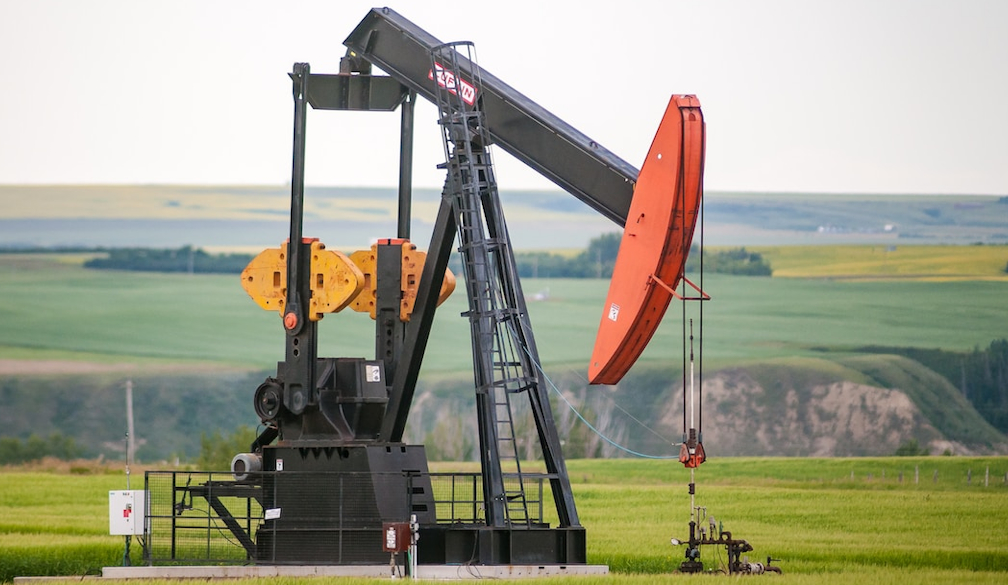What It Takes To Run an Oil and Gas Transportation Business

In the industry of energy production and distribution, oil and gas transportation plays an integral role. With its array of challenges and prospects, running an oil and gas transportation business can be a lucrative venture if navigated efficiently. This industry is crucial in enabling the smooth functioning of economies around the globe. It's not just about getting a fuel supplier in Alberta to provide the fuel—it's also about transporting this fuel efficiently and safely to where it's needed. In this article, we delve into the complexities of this industry and discuss the requirements, safety measures, challenges, and sustainable practices involved in it.
Understanding the Oil and Gas Transportation Business
The crux of the oil and gas transportation industry is to facilitate the movement of oil and gas from the production sites to the refineries, and ultimately to the consumers. This complex cycle demands a seamless synchronization of storage facilities, pipelines, and trucking services to ensure uninterrupted supply.
From sourcing to supply, the transportation business is an elaborate network that requires the coordination of different parties. It’s a critical component of the oil and gas supply chain, directly affecting the prices of these commodities.
Therefore, understanding the workings of this business is critical to identifying opportunities and tackling challenges that may emerge in this volatile and constantly evolving industry.
Key Requirements for Starting an Oil and Gas Transportation Business
Starting an oil and gas transportation business involves more than just acquiring a fleet of trucks. It requires an extensive understanding of the oil and gas industry, regulatory compliance knowledge, and robust business planning.
The first requirement for this business is securing the necessary financial capital. Such a venture requires substantial monetary resources for purchasing or leasing vehicles, investing in safety and emergency handling equipment, as well as funding day-to-day operational costs.
Quality equipment like plastic plugs for sealing pipelines and high-grade carriers for transporting oil and gas is also a must and represents another crucial investment in this business.
Challenges in the Oil and Gas Transportation Sector
No business venture comes without its share of challenges, and the oil and gas transportation industry is no exception. The volatility of oil prices combined with fluctuations in demand often results in operational and strategic challenges.
Furthermore, geographic and climatic constraints can further affect operations. Businesses must be equipped to transport oil and gas across different terrains and in varied weather conditions, adding to the operational complexities.
Regulatory shifts and developments also pose significant challenges, requiring businesses to constantly update their compliance and operational strategies. The growing global emphasis on eco-conscious practices is increasing pressure on businesses to reduce their environmental footprint.
Above all, safety concerns always hang over the industry, making accident prevention and emergency management critical aspects of the business strategy.
Sustainable Practices in the Oil and Gas Transportation Business
In the face of growing environmental concerns, sustainable practices are becoming increasingly important in the oil and gas industry. Businesses must take steps to reduce their environmental footprint and contribute to global sustainability efforts.
Efficient routing, regular maintenance, and prompt upgrades of vehicles can significantly reduce fuel consumption, thereby reducing greenhouse gas emissions. Proper vehicle loading and unloading procedures can thin down the risk of spills, reducing environmental damage.
Investment in cleaner energy fuel options for vehicles can also contribute to sustainability. Many businesses are beginning to explore hybrid or electric vehicles for their fleets to decrease reliance on nonrenewable resources.
In conclusion, the oil and gas transportation business is a critical component of the oil and gas industry and global economy. While it is full of challenges, with the right understanding, strategic planning, regulatory compliance, and incorporation of sustainable practices, it can provide a promising business venture.







